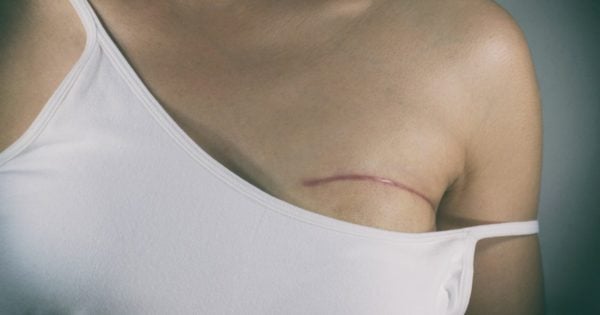It all starts with a lump in the breast or a mass in the neck. Few things incite as much terror as that one thought; ‘what if it’s cancer.’
Cancer seems to be everywhere. Seldom does a Sunday paper go by without a report of a new ‘breakthrough’ in cancer treatment. Yet a miracle cure for cancer seems nowhere to be found. Click bait articles such as ’10 symptoms that could be cancer’ or ‘how your mobile/microwave/deodorant/morning coffee/entire life could be giving you cancer’ receive a high proportion of cyber traffic.





